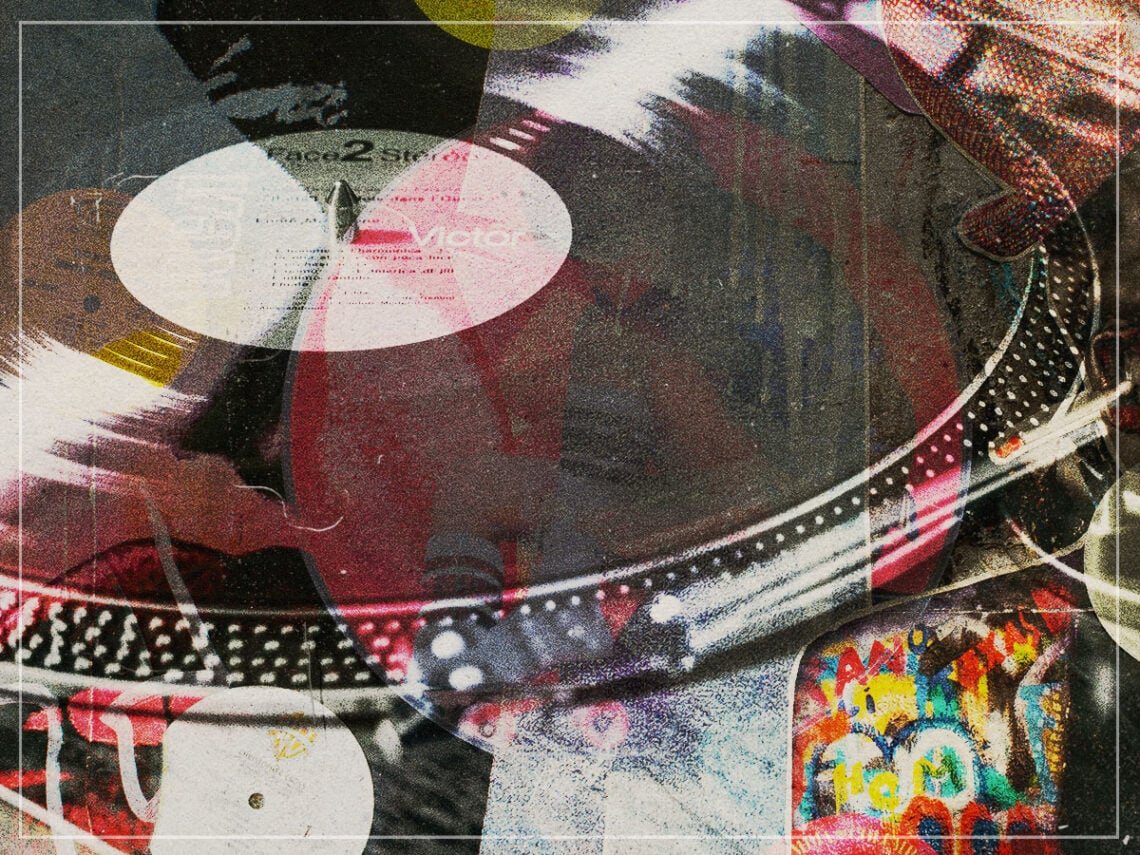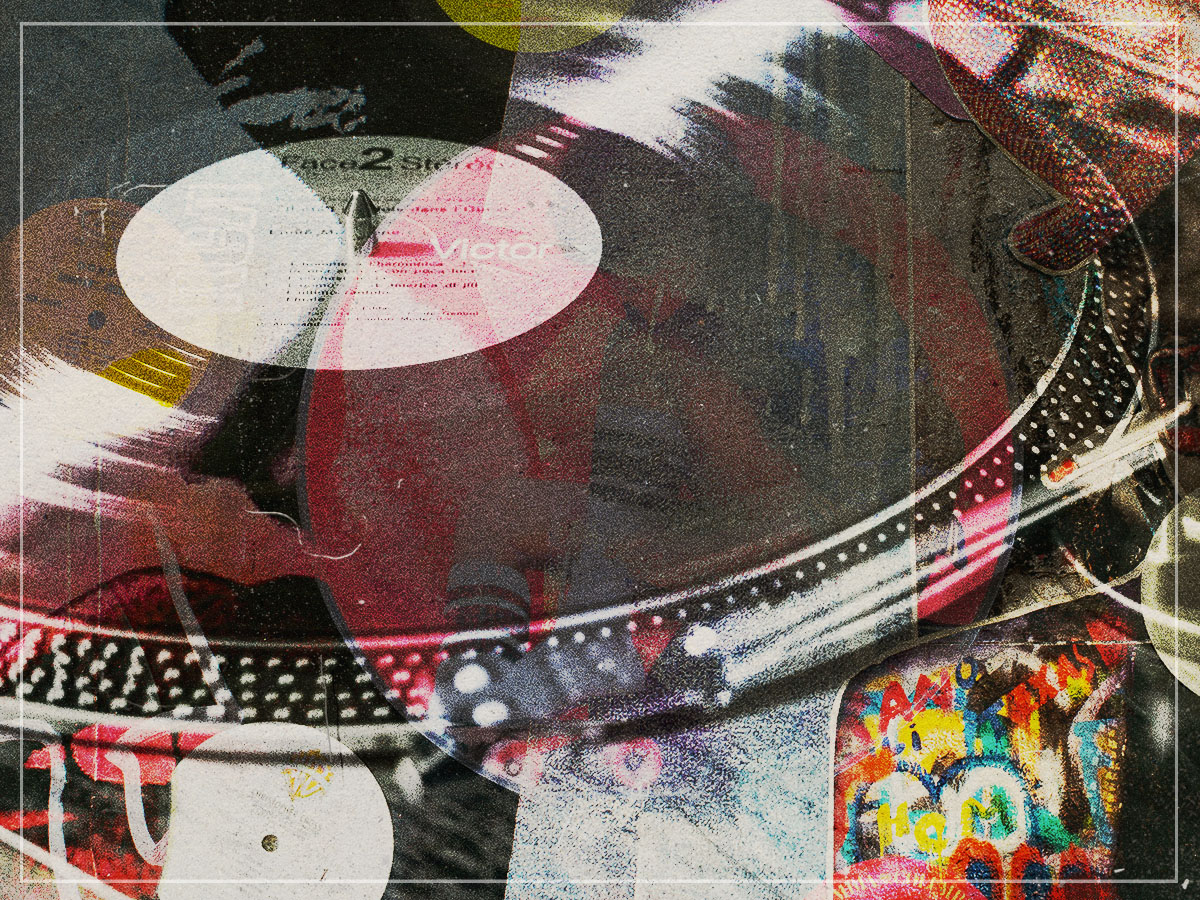
(Credits: Far Out / Luana De Marco / Max Letek)
Mon 8 September 2025 19:00, UK
We all know, by now, that the “best” in music isn’t something that exists.
We’ll debate it for hours on end, in pubs and on social media. We’ll get our backs up about what, exactly, is the “best” and why. But beneath the passion and the relentless need to be right, we’ll know that it isn’t something that actually exists. Not objectively, anyway.
But…when science gets involved, we might be able to pick apart music that is actually objectively better than others. For instance, we all know that there isn’t that much debate around The Beatles, The Beach Boys, Bob Dylan, David Bowie, Joni Mitchell, Stevie Nicks and countless others being pretty incessantly close to being whatever it is that the “best” is in music. But what makes that so? Is it their legacies? Their measurable achievements?
Apparently, yes. But that’s not all. According to, well, common knowledge, it’s increasingly hard to get your music heard these days. Lizzo put it well recently when she talked about how some of our biggest names, “from Lady Gaga to Drake”, have put out new music this year, and most people don’t even know about it. “Because the way that the algorithm is set up, no one can serve the masses anymore,” she said.
More than 100,000 songs are uploaded to Spotify each day. Which means, while our view on what constitutes the “best” is unwavering, there’s almost too much to possibly comprehend the idea that we’ll ever know what that even means. And yet, still, with too much anchored by masses of public opinion and constant fights over exactly that, science always finds a way to cut through it all.
Which is a long-winded way of saying that, by using data collected by statistician Henrik Franzon, we can actually, somehow, look at the songs we’d probably objectively (or near enough) categorise as the best music of all time. Algorithms, oversaturation and social media battles aside, we can use his methodology of aggregating data over several decades and sales figures and find out which songs sit above the rest, the ones difficult to argue against in a pub after several pints and mounting passion.
And what it tells us is that many are ones we’d probably choose for ourselves. Less an obvious observation but more a common view shared by most, Bob Dylan’s ‘Like A Rolling Stone’ sits at the top spot. Followed in second place by Nirvana’s accidental masterpiece, ‘Smells Like Teen Spirit’. And, of course, preceding The Beatles’ ‘A Day In The Life’. It wouldn’t be a proper list of bests unless it had something by The Beach Boys, with ‘Good Vibrations’ in the top ten at number four.
The Rolling Stones make it, too, with ‘(I Can’t Get No) Satisfaction’, and Chuck Berry and The Ronettes make an appearance beside two classics by Marvin Gaye – ‘What’s Going On’ and ‘I Heard It Through the Grapevine’. Most people will agree that most of these are pretty indisputable. Where you might get disagreements is why people like Elvis Presley, The Who, David Bowie and so on haven’t cinched the top ten, but not to worry – those are also in the top 50.
The best songs ever, according to data science:Bob Dylan – ‘Like A Rolling StoneNirvana – Smells Like Teen SpiritThe Beatles – ‘A Day In The Life’The Beach Boys – ‘Good Vibrations’Chuck Berry – ‘Johnny B. GoodeAretha Franklin – ‘Respect’The Ronettes – ‘Be My Baby’Marvin Gaye – ‘What’s Going On’Marvin Gaye – ‘I Heard It Through the Grapevine’The Rolling Stones – ‘(I Can’t Get No) Satisfaction’
Related Topics
The Far Out Bob Dylan Newsletter
All the latest stories about Bob Dylan from the independent voice of culture.
Straight to your inbox.

